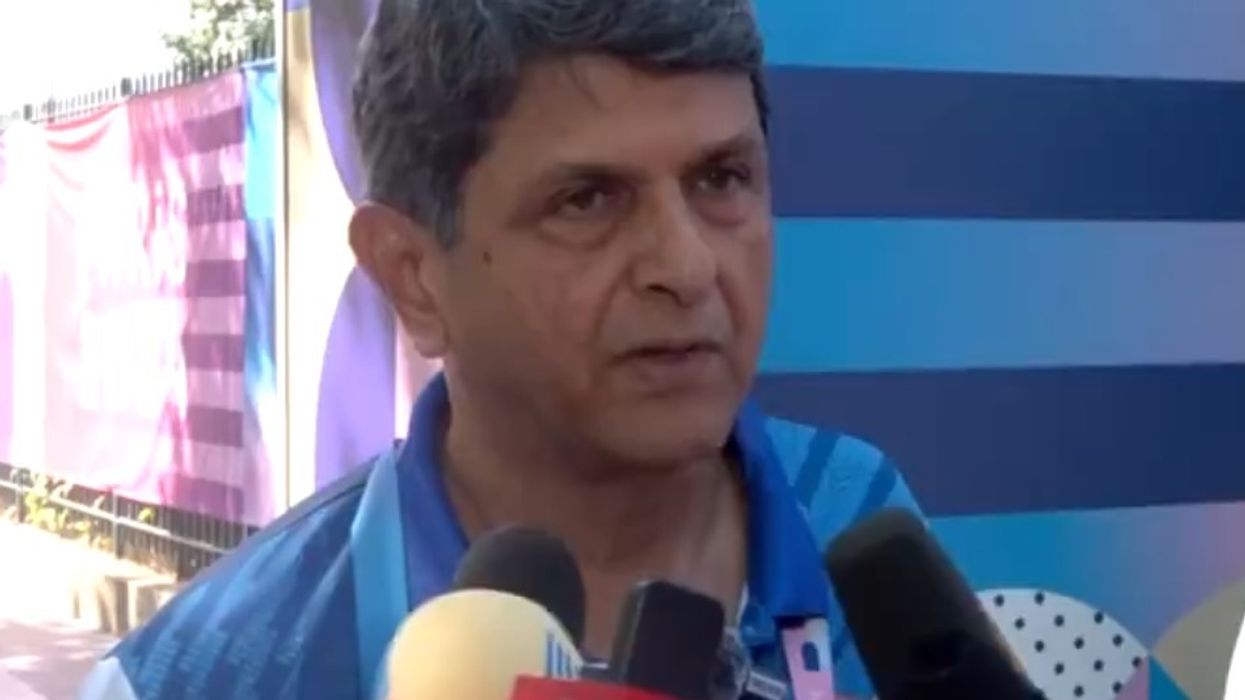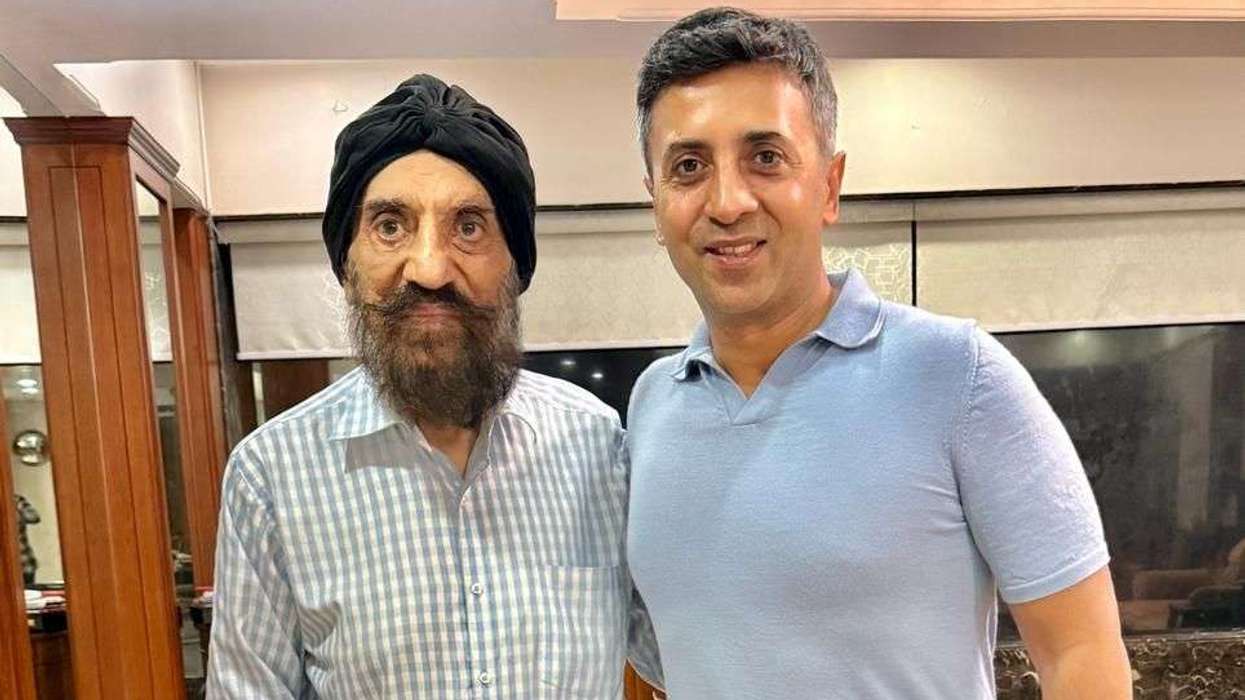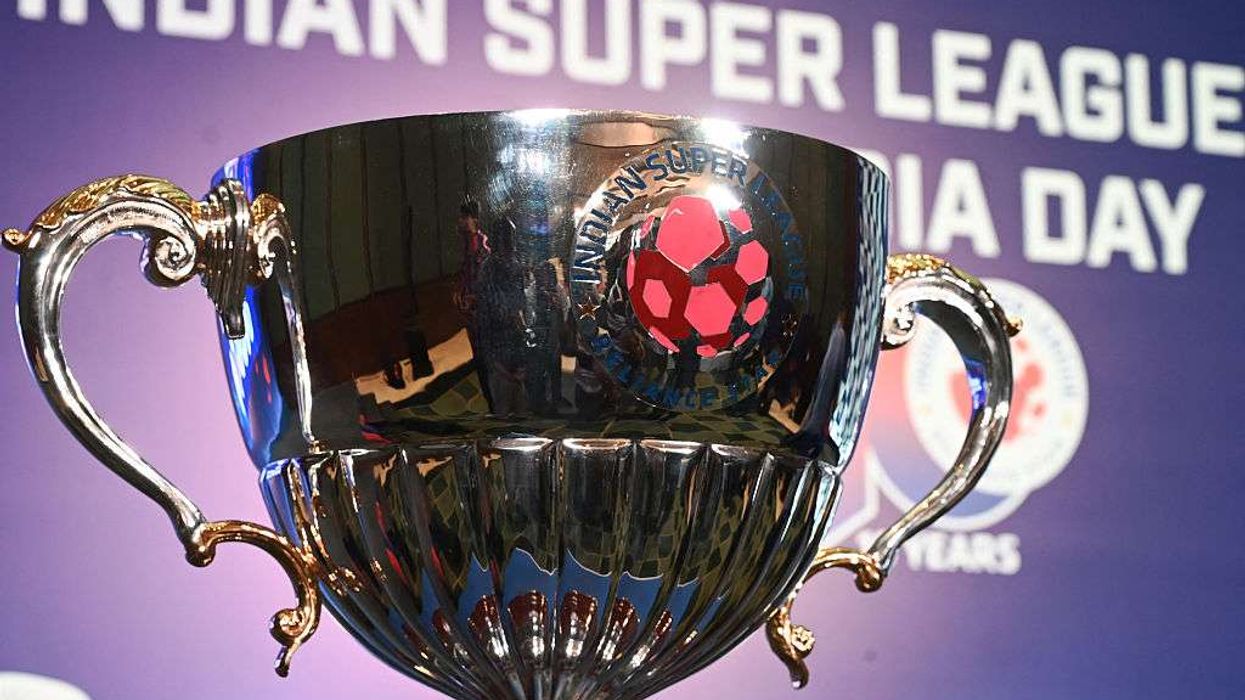Shocked by Lakshya Sen's loss in the bronze medal play-off at the Paris Olympics, former Indian badminton player Prakash Padukone said on Monday that players need to learn to handle pressure, become accountable, and deliver results after receiving support.
Padukone emphasised the importance of mind training for Indian athletes to handle pressure situations better. He suggested India should have a system like China, where they develop multiple players instead of relying on just one.
"We cannot remain satisfied with just one player. We need to focus on the next line, maybe even the third line, like in cricket. You have the main team, the 'A' team, then the under-19 and under-17 teams. A combined effort is required," he said.
Padukone stressed that players need to take more responsibility and accountability. "A little more responsibility, a little more accountability. Not just ask for whatever you want. Once you are given that, you also have to be accountable. I think the players have to learn to take responsibility," he told reporters.
In the match, Sen lost to Malaysia's Lee Zii Jia after having an advantage in the first game and an 8-3 lead in the second, eventually losing 21-13, 16-21, 11-21. Padukone said Sen needs both mind training and game improvement. "He needs to work on playing with the wind. If you saw the first game, the Malaysian played a lot of shots that went out. You must learn to control and make fewer mistakes. Lakshya needs mind training and better control on the court," Padukone said.
Padukone believes pressure affected Sen, who struggled against Lee's powerful strokes. "We need to focus more on mind training. We don't give enough attention to sports psychology," Padukone said. He noted that many top players lose in the Olympics due to pressure, not because they lack technical or physical skills. "Olympics is all about handling pressure, so we need to pay more attention to the mind, do meditation, yoga," he said.
Padukone mentioned that shooter Manu Bhaker likely performed well because she was not under pressure. "Favorites are always under pressure and often do not perform as expected. Most of our Olympic medals have come from athletes who were not expected to win because they had no pressure," he added.
India has hired several foreign coaches, and Padukone suggested bringing in foreign sports psychologists. "It's high time we have foreign sports psychologists. This is not to take away from Indian sports psychologists, but players need to realise the importance of sports psychology. It cannot be done just three months before the Olympics. If someone wants to do well in the next Olympics, they have to start now and be consistent," he said.
Padukone does not believe Indian badminton faces the same situation as tennis, where there is a vacuum after Leander Paes, Mahesh Bhupathi, and Sania Mirza.
"I don't think it is as bad as in tennis. We have players, but we need to focus on them. Generally, in Indian sports, we focus too much on one star player and neglect the next line of players. The federation needs to focus more. There is a vacuum in women's singles, but in men's singles, Lakshya is young, and Priyanshu Rajawat is doing reasonably well. In women's, there are young girls, maybe 13, 14, 16, 17. We need to identify such talent," he said.
(With inputs from PTI)













